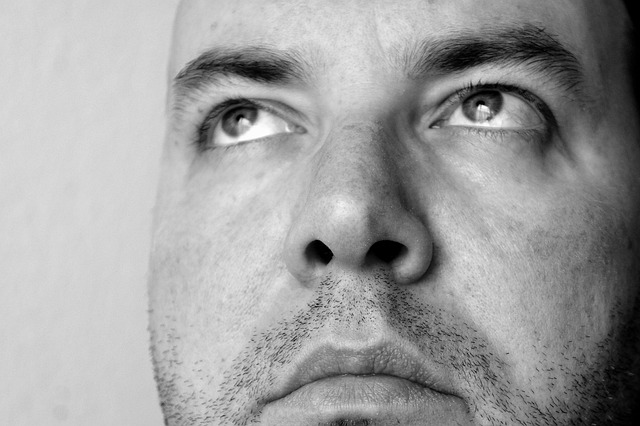In an age dominated by data and stringent methodologies, the concept of spontaneity often feels like a distant echo from a more unstructured time. Yet, embracing spontaneity is essential not only in our daily lives but also in the realms of science and modern philosophy, particularly in the context of phenomenology.
Phenomenology, as pioneered by thinkers like Edmund Husserl and later expanded by Maurice Merleau-Ponty, invites us to delve into our lived experiences and how we perceive the world around us. It challenges us to acknowledge that the human experience is far from linear and that spontaneity plays a critical role in how we engage with our surroundings. This unpredictability in our perceptions reflects the true essence of our existence, allowing for authentic encounters with reality.
In the realm of science, spontaneity can often be seen as a disruption. Traditional scientific methods favor controlled environments and replicable results, yet many breakthroughs stem from unexpected insights or unplanned experiments. The serendipitous discovery of penicillin by Alexander Fleming or the unforeseen behavior of quantum particles in physics exemplifies how embracing the spontaneous can lead to revolutionary advancements. When scientists allow themselves to wander into the unknown, they become conduits for innovation and wonder.
Simultaneously, modern philosophy encourages us to break free from rigid constructs. The spontaneous nature of human thought and behavior is essential to understanding consciousness and existence. Philosophers like Jean-Paul Sartre, whose existentialist viewpoints emphasize freedom of choice and the authenticity of human experience, highlight how spontaneity is fundamental to our essence. In a world that often seeks to impose order and control, Sartre’s invitation to embrace the spontaneous emphasizes that our choices arise from our own lived realities, not from predetermined paths.
As we navigate life’s experiences, acknowledging the spontaneous moments enables us to access deeper layers of meaning. In any given moment, something unexpected can shift our perspective and bring forth creativity, curiosity, and joy. By allowing ourselves to act spontaneously, we strengthen our phenomenological connection to the world, reinforcing the idea that human experience is richer and more complex than mere data points or philosophical constructs.
In essence, the intersection of science and modern philosophy invites us to celebrate spontaneity as a critical aspect of understanding ourselves and the world we inhabit. Embracing the chaotic and unpredictable allows a fresh outlook on both empirical inquiry and existential thought, revealing shared threads that bind our experiences together. By weaving these principles into our everyday lives, we can cultivate a more profound recognition of the beauty in the spontaneous moments that shape us.




